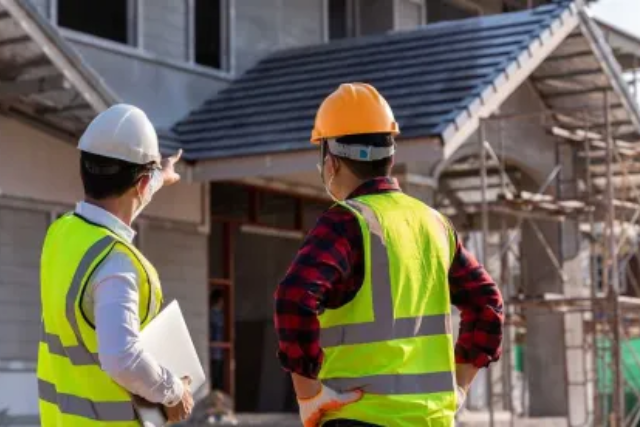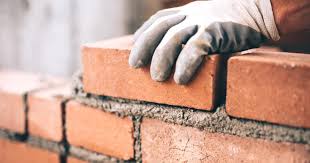
SACRAMENTO, Calif. — A California law that took effect January 1, 2024 — AB 2188 — significantly restricts employers’ ability to penalize workers for using marijuana during off-hours. But for employers in the state’s massive construction industry, an important exemption may keep traditional drug testing policies firmly in place.

AB 2188 expands the state’s protections for workers by prohibiting discrimination based solely on lawful, off-duty marijuana use. The measure recognizes that unlike alcohol, marijuana can stay in the body for days or even weeks, leaving traces long after any psychoactive effects have worn off — a challenge for employers trying to ensure a safe workplace while complying with the law.
Under the law, employers generally may not test for marijuana unless they can prove either an exemption applies or the test detects only the “psychoactive” components — meaning current impairment, not historical use. Traditional urine tests do not meet this threshold because they detect cannabis metabolites that linger after impairment fades.
However, one of the key carveouts is for employees in the building and construction trades. While AB 2188’s final version uses the shorter phrase “building and construction trades,” an earlier draft spelled out a wide range of activities that qualify:
“This section does not apply to an employee performing work associated with construction, including work involving alteration, demolition, building, excavation, renovation, remodeling, maintenance, improvement, or repair work, a person licensed under the Contractors State License Law … or an employee performing work in similar or related occupations or trades.”
The final text kept the spirit of that language. This means contractors, subcontractors, and workers performing on-site tasks like demolition, repair, or remodeling are likely covered by the exemption — though the courts have yet to interpret how broadly it applies

For construction employers, the exemption offers a measure of certainty amid California’s fast-evolving cannabis landscape. They may continue using traditional urine drug tests for marijuana and can maintain “zero tolerance” policies for workers on-site or in safety-sensitive roles.
Other industries — and employers who do not fit within one of the exemptions — face greater challenges. Since California courts have not yet defined which drug tests can detect only the psychoactive components of marijuana, employers must do their own due diligence when considering newer impairment tests, many of which are still emerging technologies.
California is not alone in restricting or eliminating marijuana testing. Other states and cities have tightened rules around when — or whether — employers may test:
In practice, multistate construction companies must juggle this patchwork of local laws while ensuring compliance with federal rules, union contracts, and safety requirements — especially where federal projects, security clearances, or regulated worksites are involved.
For now, California’s exemption for building and construction trades provides a clear path: employers can continue using urine tests and taking action when a worker tests positive, without worrying about whether the test detects only current impairment.
As the cannabis policy landscape evolves, experts recommend that contractors revisit their policies, communicate clearly with employees, and keep an eye on future legal rulings or possible changes that could redefine what counts as “construction work” under the law.
Employers operating across multiple states should regularly review their policies with legal counsel to ensure they stay compliant with both state-specific cannabis laws and federal safety requirements.
For more information, visit the California Department of Industrial Relations or consult legal updates through your trade association.
Originally reported by Kathryn J. Russo of Jackson Lewis P.C. in The National Law Review.